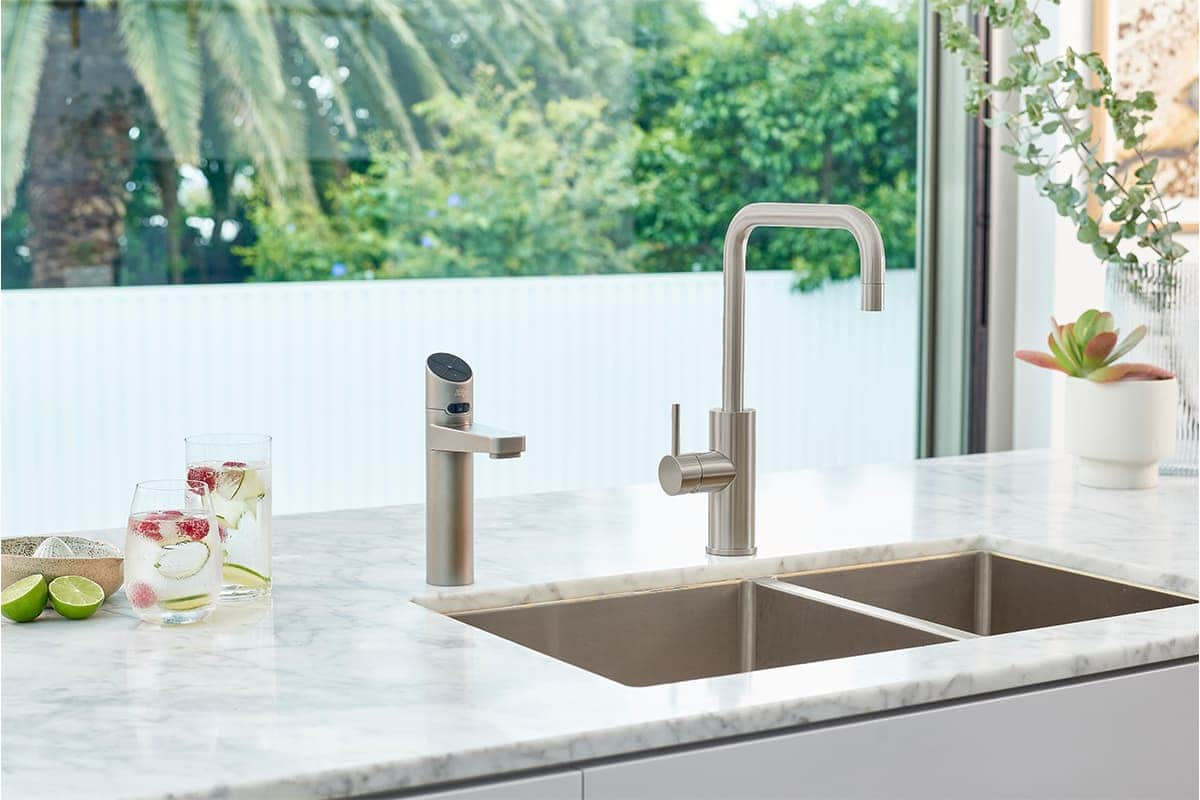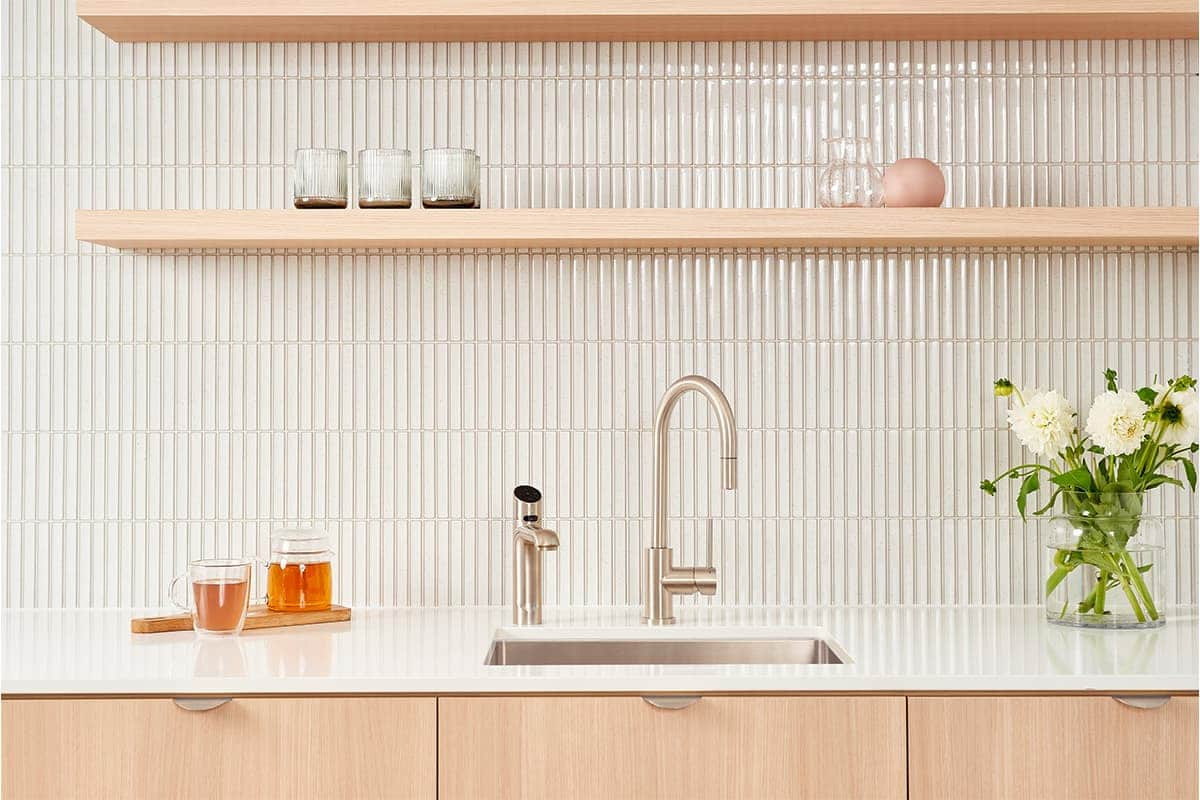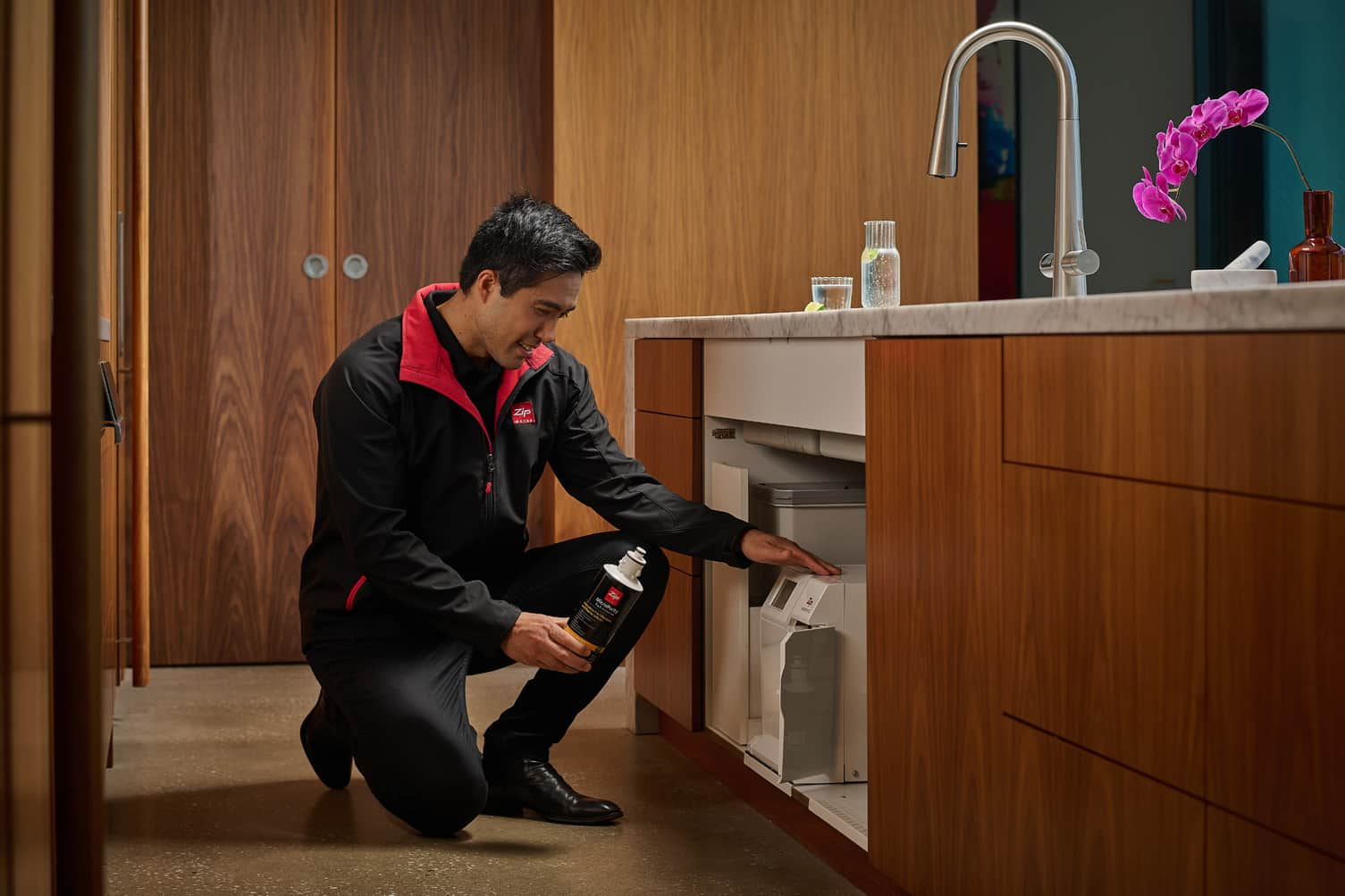Is Sparkling Water Bad for Your Teeth?
Design | 20-06-25

Sparkling water is a light and refreshing take on still water. But have you wondered: is sparkling water bad for your teeth? You’re not alone.
It’s true that sparkling water is mildly acidic. The fizz comes from carbon dioxide, which dissolves into the carbonated water and forms a weak acid called carbonic acid. That lowers the pH slightly, and anything acidic has the potential to affect tooth enamel.
But here’s the good news: plain sparkling water is far gentler on teeth than sugary drinks or juice. And most dental experts agree it’s safe to enjoy in moderation – especially if you drink it with meals and rinse with water afterwards.
In this guide, we’ll see what the experts say about:
- Is carbonated water (sparkling, fizzy, or seltzer water) bad for tooth enamel?
- The difference between plain and flavoured sparkling water
- The dental experts’ final say: is sparkling water bad for your teeth?
- Simple ways to protect your teeth
- Why many Australians are choosing filtered sparkling water at home
Let’s start with what enamel actually is, and why it matters.
Understanding tooth enamel and acidity
Tooth enamel is the hard, protective layer on the outside of your teeth. It’s made mostly of minerals, and it’s there to shield your teeth from daily wear – chewing, brushing, and yes, even fizzy drinks.
Enamel is tough (harder than bone, in fact), but it’s not invincible. When your mouth becomes too acidic, your enamel can start to soften. And if that happens too often, it can wear away over time. This is called enamel erosion, and once enamel is gone, it doesn’t grow back.
That’s why drinks with a lower pH, like juice, soft drinks and even sparkling water, can raise questions about dental health.
But not all acidic drinks are equally harmful. The key is understanding where sparkling water sits on the scale – and how to enjoy it without putting your enamel at risk.
Let’s take a look at the numbers.
The pH scale and sparkling water
So, where does sparkling water actually sit on the pH scale?
The pH scale runs from 0 (most acidic) to 14 (most alkaline), with 7 considered neutral. Plain water is around 7. Sparkling water, on the other hand, usually sits around 4. That’s mildly acidic. Here’s how it compares to other everyday drinks.
| Beverage | Approx. pH | Enamel Risk |
| Still water | ~7.0 | None |
| Plain sparkling water (also called seltzer water or fizzy water) | ~4.0 | Mild |
| Orange juice | ~3.3 | Moderate |
| Flavoured sparkling water | 2.5–3.0 | Moderate to high |
| Cola | ~2.5 | High |
As you can see, plain sparkling water is far less acidic than soft drinks or juice – and contains no added sugar, which makes a big difference for your teeth.
It’s interesting that how you drink and how often can have a bigger impact than the pH itself. Let’s see what the experts say about that.
What do dental experts say – is sparkling water bad for your teeth?
This question comes up a lot in dental clinics, and the answer is reassuring. According to the Australian Dental Association, plain sparkling water is a much better choice than sugary drinks and soft drinks. It’s mildly acidic, but without sugar or additives, the risk to your teeth is low.
Colgate’s dental experts agree: the key isn’t just what you drink, but how you drink it.
Sipping sparkling water slowly throughout the day gives your enamel less time to recover. But drinking it with meals, rinsing with still water afterwards, and waiting before brushing? That’s a different story.
So, no, plain sparkling water is not bad for your teeth. It’s generally considered safe – especially when consumed mindfully.
Plain vs flavoured sparkling water
Not all sparkling waters have the same effect on your teeth. If you’re drinking plain, unflavoured sparkling water, the risk to your teeth is quite low. But flavoured sparkling waters are a different story.
Many of them contain citric acid, fruit flavourings, or added preservatives, which make them more acidic than plain varieties – sometimes down to a pH of 2.5. Some also include sugars or artificial sweeteners, which can change the way plaque forms on your teeth and increase the risk of enamel erosion.
That doesn’t mean you need to cut them out completely. It just means being a little more mindful. Enjoy it with a meal rather than alone, don’t sip it over long periods and wait about 30 minutes to brush your teeth.
Plain sparkling water remains the better option for your teeth. And you can do four simple things to protect them while you drink.
Best practices to protect your teeth
Good news: if you love sparkling water, there’s no need to give it up. With a few simple habits, you can enjoy the fizz and protect your enamel at the same time.
-
Drink sparkling water with meals. Saliva production increases while you eat, helping neutralise acid and protect enamel.
-
Don’t sip it slowly all day. Prolonged exposure keeps your teeth in an acidic environment for longer than necessary.
-
Rinse with still water afterwards. A quick rinse helps restore a neutral pH in your mouth.
-
Wait before brushing your teeth. Brushing too soon (while enamel is softened) can cause more wear. Wait at least 30 minutes.
These are small changes, but they make a real difference. And when you’re drinking sparkling water daily, your teeth will thank you.
While we’re asking if carbonated water is bad for your teeth, there’s one more thing to think about: does it have fluoride in it?
The role of fluoridated tap water
While sparkling water gets a lot of attention, good old tap water plays an essential role in protecting your teeth – especially when it’s fluoridated.
Most Australian tap water contains small, safe levels of fluoride, a naturally occurring mineral that helps strengthen enamel and prevent tooth decay. According to the Australian Dental Association and the National Health and Medical Research Council, fluoridated water is a simple and effective way to support long-term dental health.
That’s why many dentists recommend drinking tap water. It’s a quick and easy way to bring your mouth’s pH back to neutral and give your enamel the best chance to recover.
But what if you prefer your water chilled or sparkling? There’s an innovative way to enjoy it at home – without losing those benefits.
The Zip Water difference
You want sparkling water that’s refreshing, easy, and better for your health – we make that effortless. With a Zip HydroTap, you get filtered sparkling water on demand, straight from your kitchen tap. That means:
-
No added flavourings or preservatives
-
No guessing what’s in your glass
-
Just chilled, perfectly carbonated water – ready when you are
It’s also filtered using Zip’s MicroPurity filtration system, which reduces chlorine, sediment, lead, microplastics and PFAS* in the water, so you get a cleaner, crisper taste without the worry. And because it’s coming straight from your kitchen tap, there are no single-use bottles or mystery ingredients.
Do you need still chilled or boiling water too? That’s all in the same beautifully designed tap. Browse our sparkling water taps, chilled water taps or boiling water taps to find multi-function models that include your must-have feature. Or explore the full Zip HydroTap range.
Want to learn more about sparkling water? Read more about the benefits of sparkling water and how it compares to soda water.
A HydroTap is sparkling water, done smarter – so you can enjoy the fizz without the fuss.
FAQ: Is sparkling water bad for your teeth?
Can sparkling water damage teeth?
Plain sparkling water is mildly acidic, which means it can weaken enamel over time, especially if you drink it frequently or sip it slowly all day. But when enjoyed in moderation, it’s far less risky than sugary drinks or flavoured soft drinks. The key is how (and how often) you drink it.
Is it okay to drink sparkling water regularly?
Yes – most dental experts say that plain sparkling water is safe to enjoy every day. Just be mindful of your habits: try drinking it with meals, rinse with still water afterwards, and avoid brushing your teeth straight after. Here’s a quick summary of what you can do to make sure sparkling water isn’t bad for your teeth.
| Tip | Why it helps |
| Drink with meals | Reduces acid impact thanks to increased saliva flow |
| Avoid sipping all day | Limits enamel’s exposure to acid |
| Rinse with still water | Helps neutralise pH and remove residual acidity |
| Wait before brushing | Gives enamel time to reharden before contact |
| Choose plain over flavoured | Avoids extra acids and sugars that increase erosion risk |
Is sparkling water worse for you than still water?
Still water is always best for your teeth – it’s neutral and restorative. But plain sparkling water is a close second. It’s far better than sugary or acidic drinks, and a great option when you want something with a bit more fizz. Learn more with our article: Is Sparkling water good for you?
* Zip MicroPurity filters sizes 1 and 1.5 (93701 and 93702) are certified to NSF/ANSI Standard 53 to reduce 99.4% of Total PFAS (average reduction).























